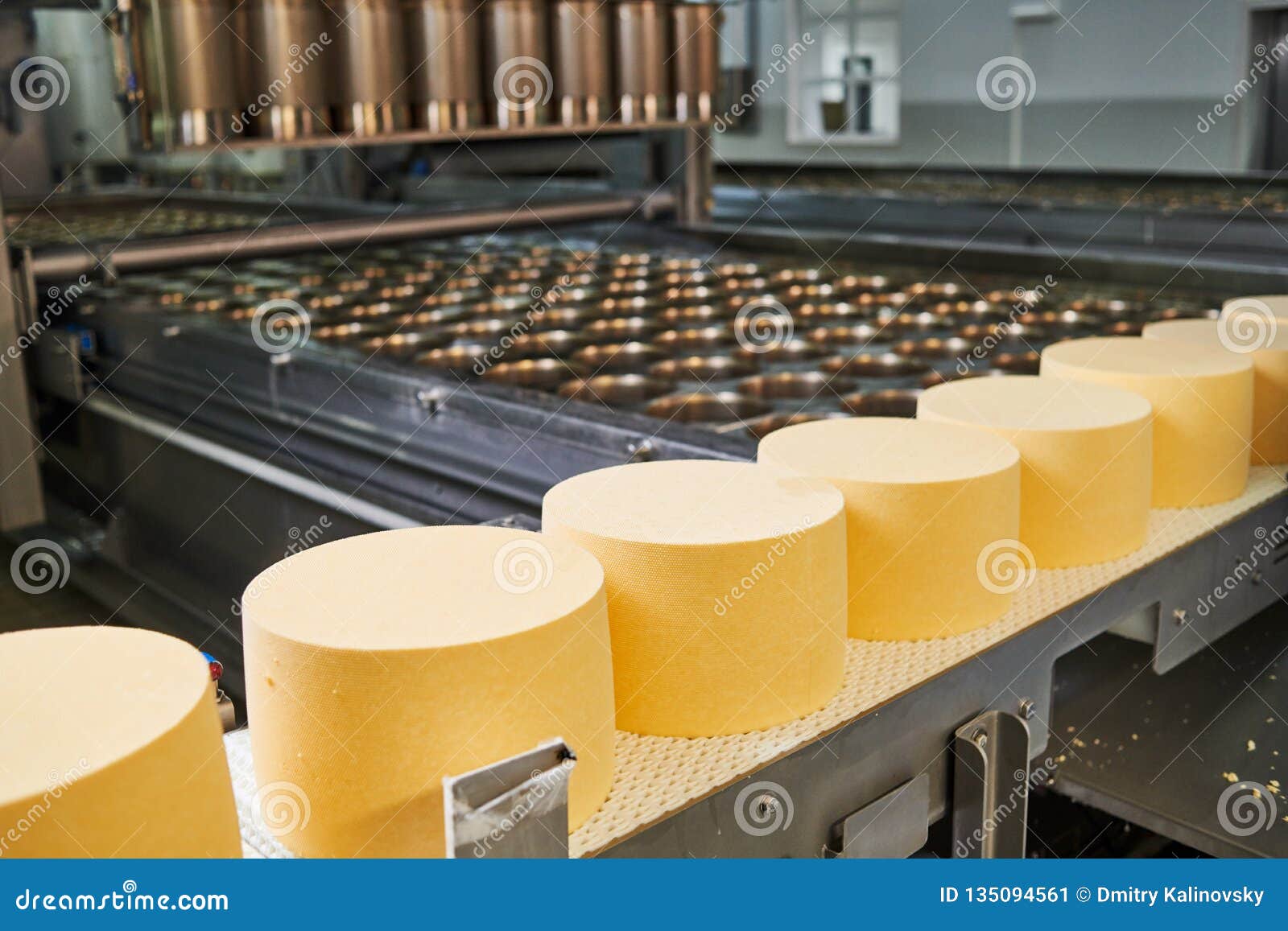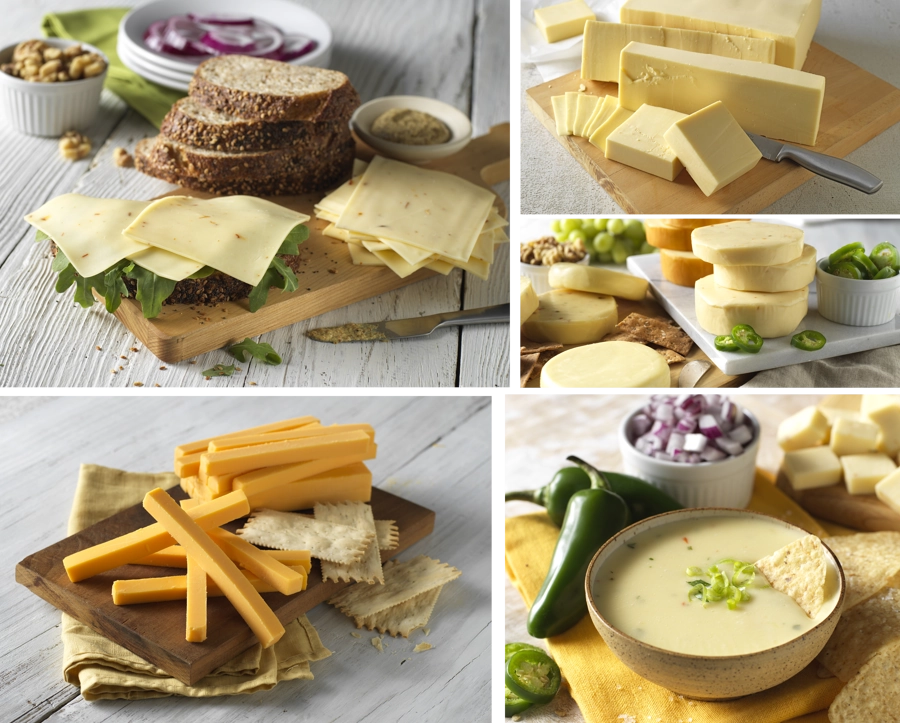Cheese Store Melbourne: Your Go-To Location for All Things Cheese
Cheese Store Melbourne: Your Go-To Location for All Things Cheese
Blog Article
An Extensive Consider Cheese Manufacturing: Components, Methods, and the Future of Craftsmen Cheeses
The intricate procedure of cheese production is a remarkable convergence of art and scientific research, where top quality milk, rennet, and specific bacterial cultures serve as fundamental components. As the industry increasingly prioritizes sustainability and openness, the future of artisan cheeses promises to show both heritage and progress.
Secret Components in Cheese Manufacturing
A variety of crucial active ingredients play a pivotal function in cheese production, each adding to the last product's taste, appearance, and character. The key component in cheese is milk, which can originate from various resources, consisting of cows, goats, and sheep - cheese makers melbourne. The type of milk used considerably influences celebrity's taste and consistency; for example, cow's milk usually yields creamier cheeses, while goat's milk commonly generates tasty selections
Another crucial active ingredient is rennet, an enzyme used to curdle the milk, dividing it into curds and whey. The resource of rennet can be animal, veggie, or microbial, each presenting distinct qualities to the cheese.
Salt not only enhances the flavor but additionally functions as a preservative, hindering the development of unfavorable germs. Additionally, different flavoring agents, such as natural herbs, spices, or perhaps smoked timber, can be included in develop special artisanal cheeses. With each other, these active ingredients create the structure of cheese manufacturing, establishing the stage for varied and rich cheese selections.
Traditional Cheese-Making Methods
Using typical cheese-making techniques, craftsmens around the world maintain classic techniques that have actually been given through generations. These strategies typically highlight the use of top quality, in your area sourced milk, which is central to the one-of-a-kind flavors and appearances of artisanal cheeses. The process commonly starts with the careful heating of milk, complied with by the enhancement of cultures and rennet to help with coagulation.
When the curds create, they are cut, allowing whey to drain pipes, a vital step that influences moisture content and texture. Salting is a crucial element of this process, improving taste while also acting as a chemical.
Aging, or affinage, is an additional critical component, throughout which cheeses develop their characteristic scents and tastes. Artisans may use specific maturing environments, making use of humidity and temperature level controls to refine the cheese's account. The dedication to these standard approaches not just supports regional economies however likewise contributes to the abundant diversity of cheese varieties found worldwide, celebrating social heritage and artisanal craftsmanship.
Modern Technologies in Cheese Manufacturing
How have technical developments transformed cheese production in current years? The assimilation of modern-day innovation has reinvented both the effectiveness and quality of cheese production.
In addition, innovations in microbiology have actually allowed cheesemakers to select certain microbial cultures and enzymes, maximizing taste accounts and improving life span. Using sensing unit innovation for checking fermentation problems has likewise ended up being prevalent, enabling real-time modifications to preserve optimal settings for cheese aging.

These innovations not just enhance the quality and sustainability of cheese manufacturing but likewise encourage craftsmen producers to preserve conventional tastes while embracing modern performance. As technology remains to progress, the future of cheese production looks promising, mixing custom with innovation.
The Function of Terroir in Cheese
In the realm of cheese production, terroir plays a critical function in defining the unique features of numerous cheeses. Terroir, a French term commonly linked with wine, includes the environmental variables that affect farming products, consisting of dirt composition, climate, and local vegetation and fauna. In cheese-making, the one-of-a-kind characteristics of the region where the milk is sourced can convey details tastes and structures to the end product.
As an example, the grazing problems of dairy products pets dramatically affect the milk's Your Domain Name make-up, influenced by the sorts of lawns and natural herbs readily available in a specific location. This varies not only in between countries however also between regions within the exact same nation. Additionally, the microbial neighborhoods present in the environment add to the fermentation procedures, resulting in diverse accounts in taste and aroma.
Cheeses such as Roquefort, Parmigiano-Reggiano, and Cheddar exhibit exactly how terroir can form their identities, making them distinctive and typically protected by geographical indicators. As producers significantly identify the importance of terroir, there is an expanding focus on sourcing neighborhood components and preserving standard practices, guaranteeing that each cheese absolutely reflects its beginning.

Future Patterns in Craftsmen Cheeses
A noteworthy change is taking place click this link in the artisan cheese sector, driven by developing consumer preferences and technological improvements. Progressively, customers are inclining one-of-a-kind, high-quality items that stress both sustainability and regional sourcing - cheese factory melbourne. This fad is prompting artisan cheesemakers to innovate, concentrating on small-batch production and the usage of standard techniques while incorporating contemporary technology to improve high quality and safety
In addition, there is an expanding interest in plant-based and alternative dairy items, pushing conventional cheesemakers to explore brand-new methods, such as cashew or almond-based cheeses. This change not just accommodates nutritional limitations but additionally aligns with ecological issues concerning pet farming.
Additionally, transparency in sourcing and manufacturing procedures is coming to be extremely important. Customers are extra informed and need traceability, motivating producers to embrace more clear labeling methods and engage in narration that highlights their approaches and values.
Verdict
Finally, the intricate process of cheese manufacturing fuses typical strategies with modern-day advancements, resulting in a varied range of tastes and textures. The emphasis on top quality ingredients and the influence of terroir underscore the creativity associated with cheese production. As the market develops, an emphasis on sustainability and openness will likely shape the future of artisan cheeses, dealing with a significantly discerning consumer base that values credibility and workmanship in dairy items.
Report this page